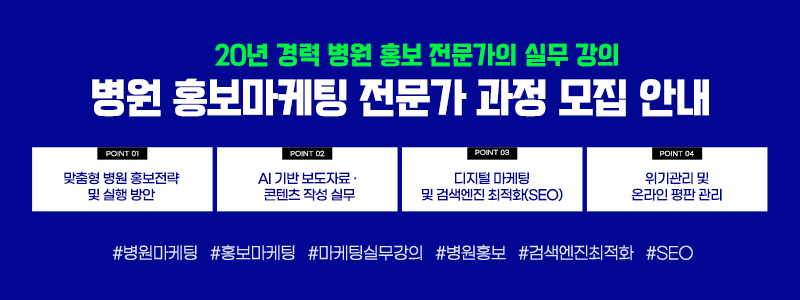Although wider access to health information can support patient understanding, clinicians report a growing trend of patients placing excessive trust in AI outputs—sometimes refusing treatment or challenging physicians’ expertise based on chatbot responses.

AI-generated medical information is designed as a general reference, not a substitute for personalized diagnosis or treatment—a distinction with significant clinical consequences. A 2024 study found that AI delivered accurate diagnoses and treatment plans in only about half of reviewed medical cases, yet many patients continue to view these outputs as authoritative.
This issue is particularly evident in pediatric care, where parents frequently cite AI or online sources to challenge physicians’ recommendations. In one case, the parent of an infant with suspected food allergies insisted on extensive testing based on online information, conflicting with the pediatrician’s more measured diagnostic approach.
Dr. Yoo emphasized that clinicians must proactively educate patients about AI’s limitations to preserve trust. He has found success using case-specific examples to demonstrate AI’s potential for errors and the necessity of tailored medical assessments.
Internet misinformation further aggravates the issue. Unverified hair-loss treatments, fraudulent health advertisements, and COVID-19 vaccine falsehoods have all contributed to delayed treatments and adverse health outcomes, physicians warn.
Lim Hye Jung, HEALTH IN NEWS TEAM
press@hinews.co.kr


